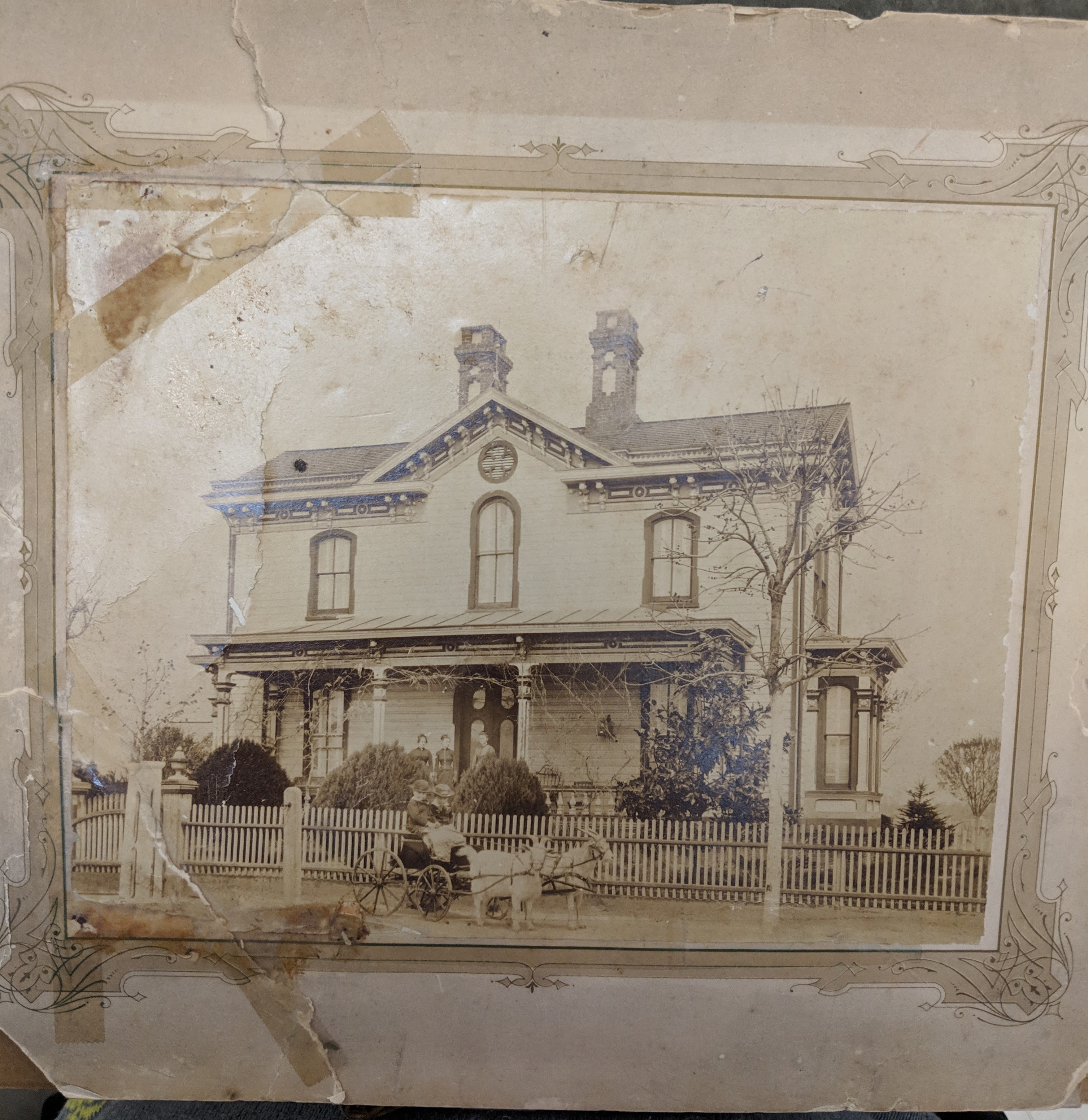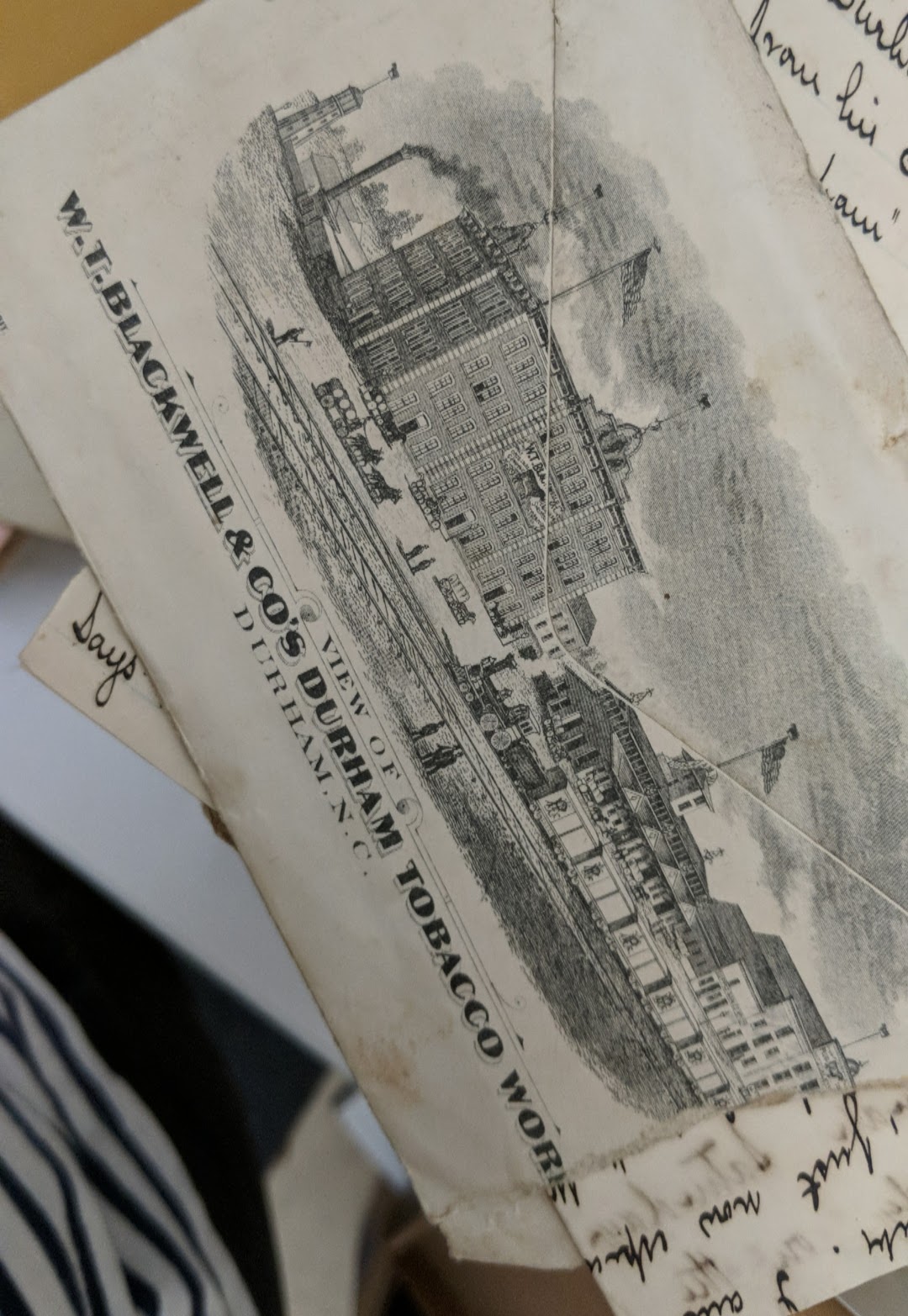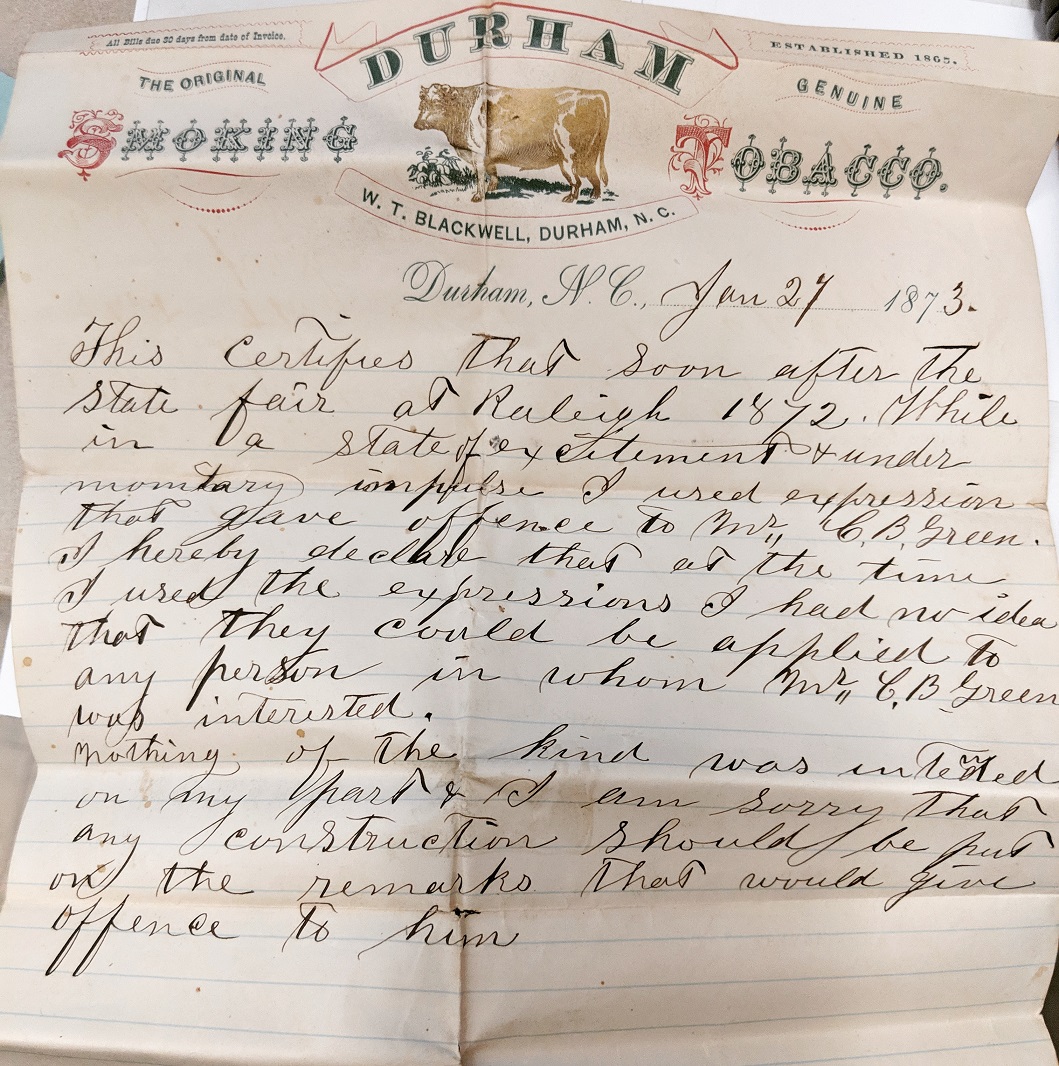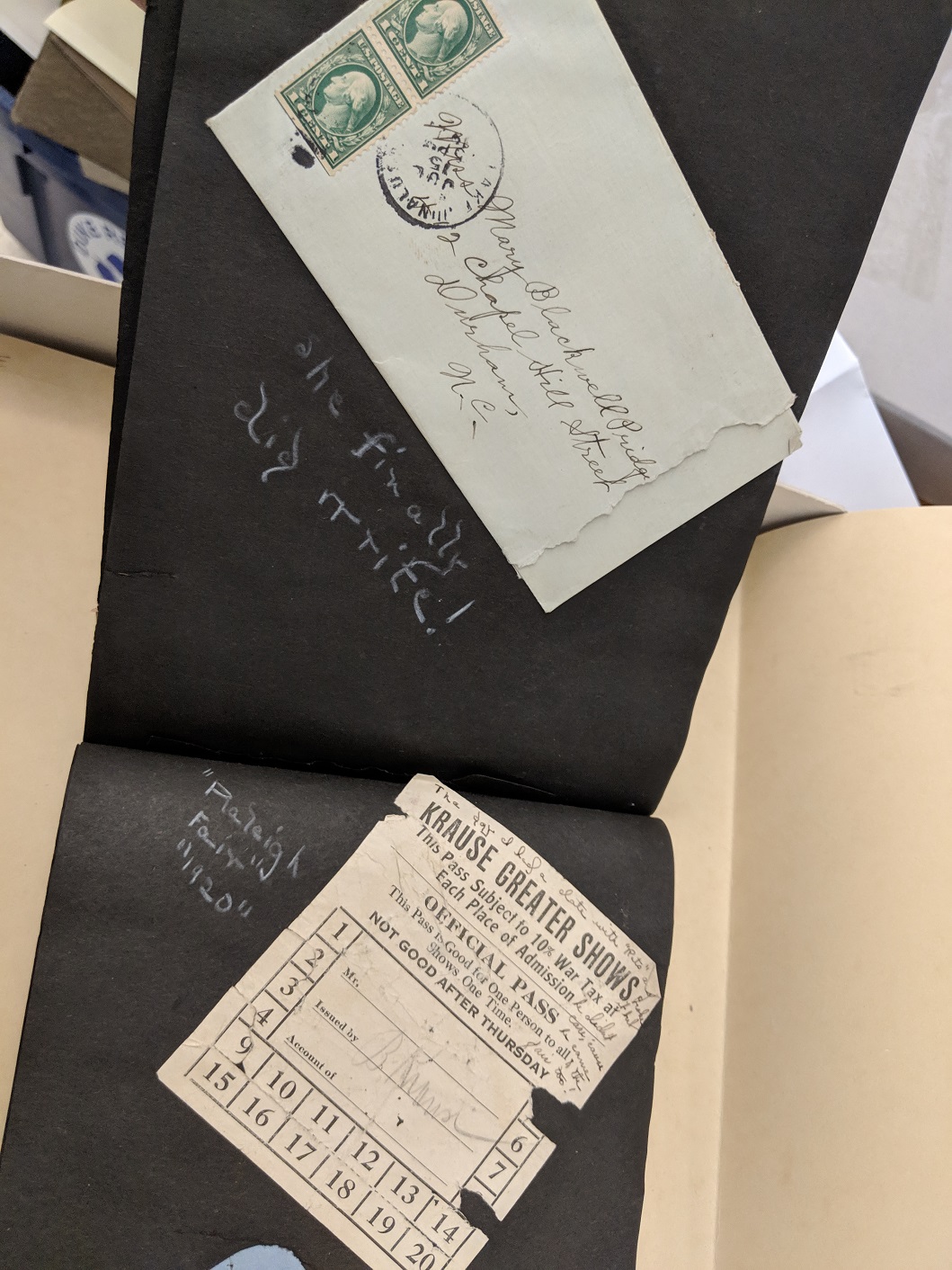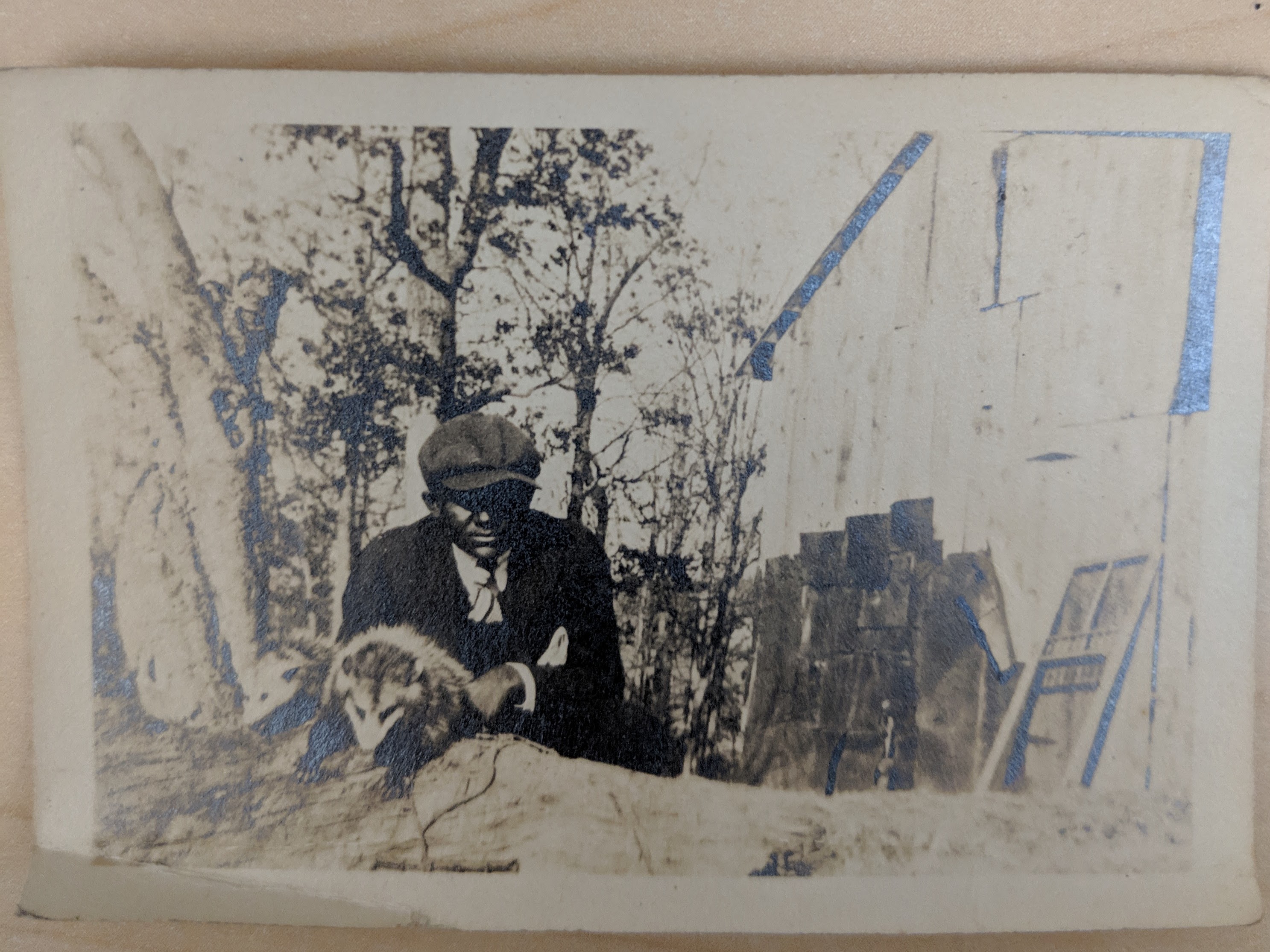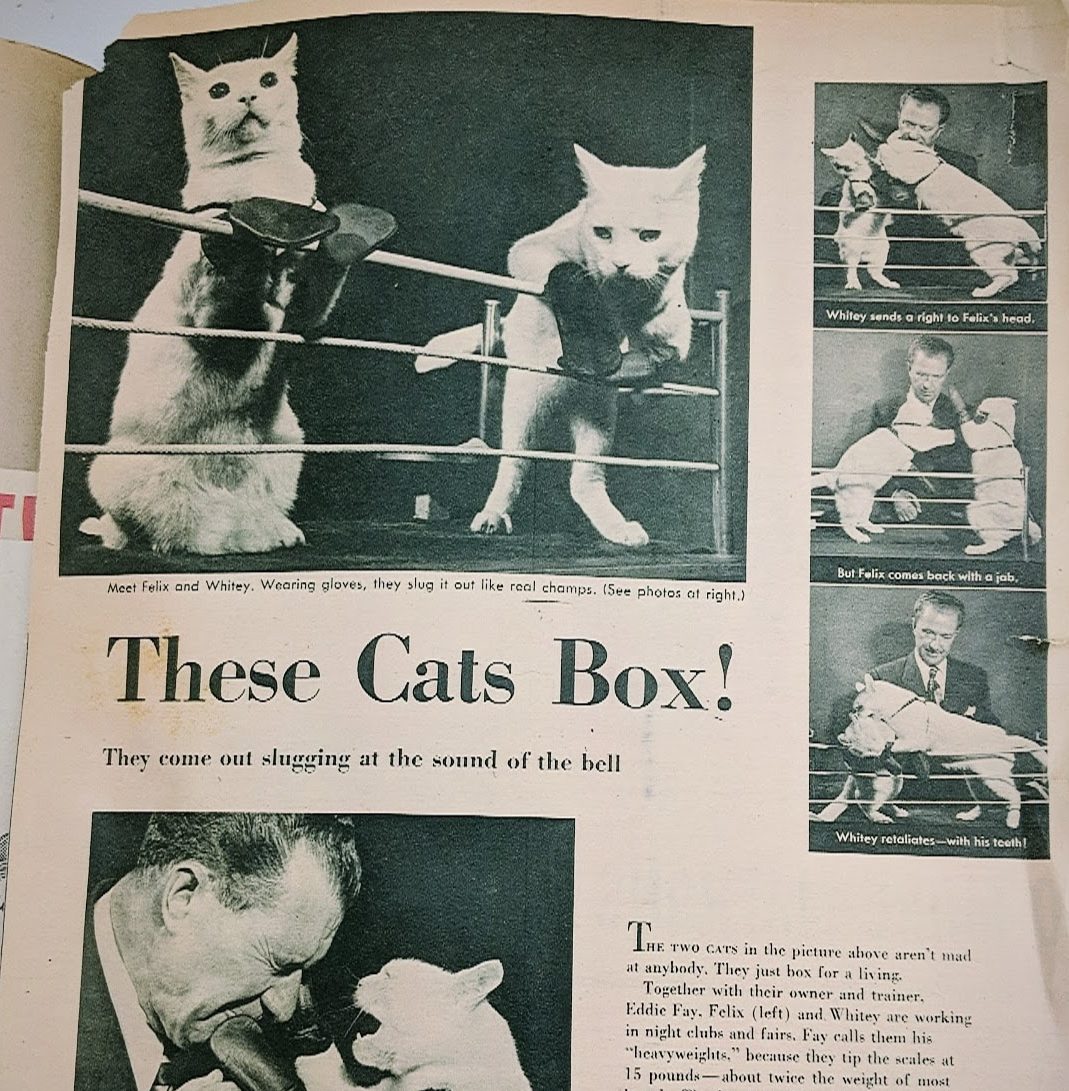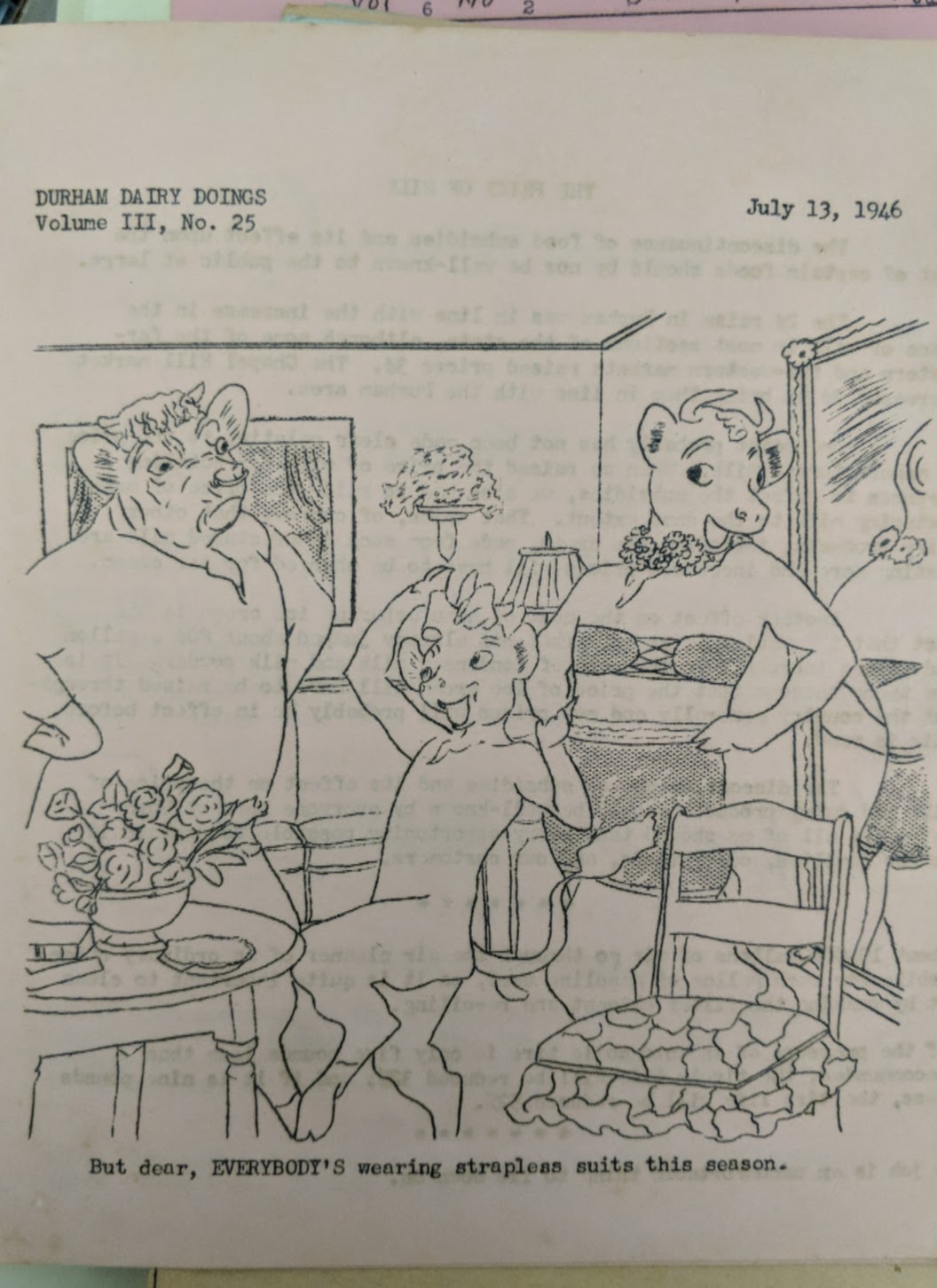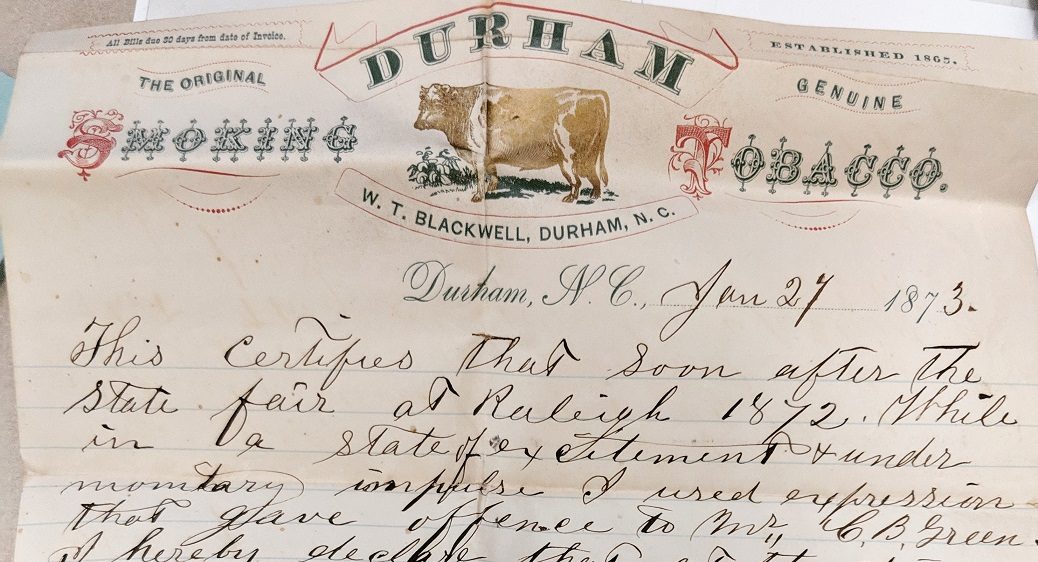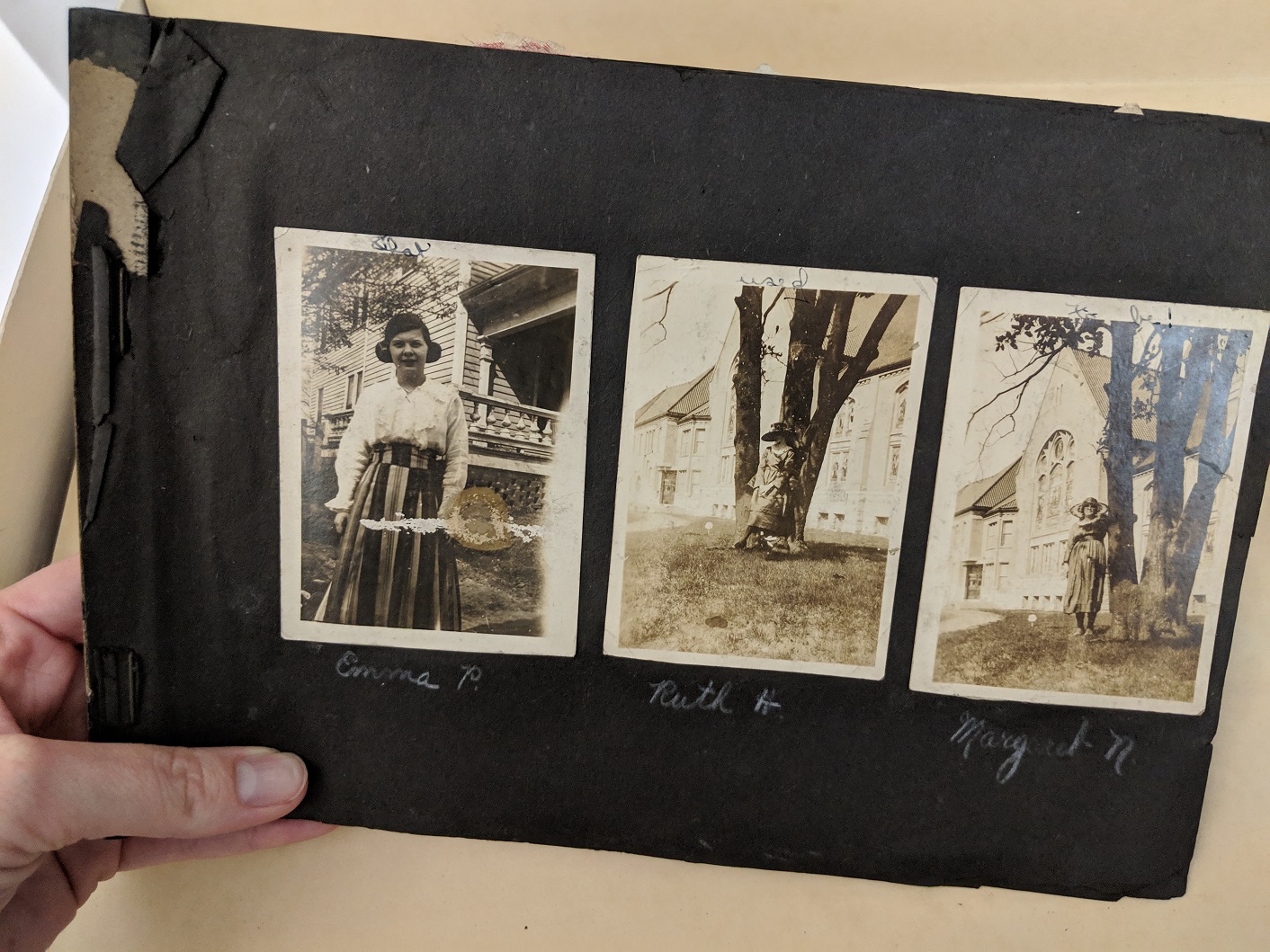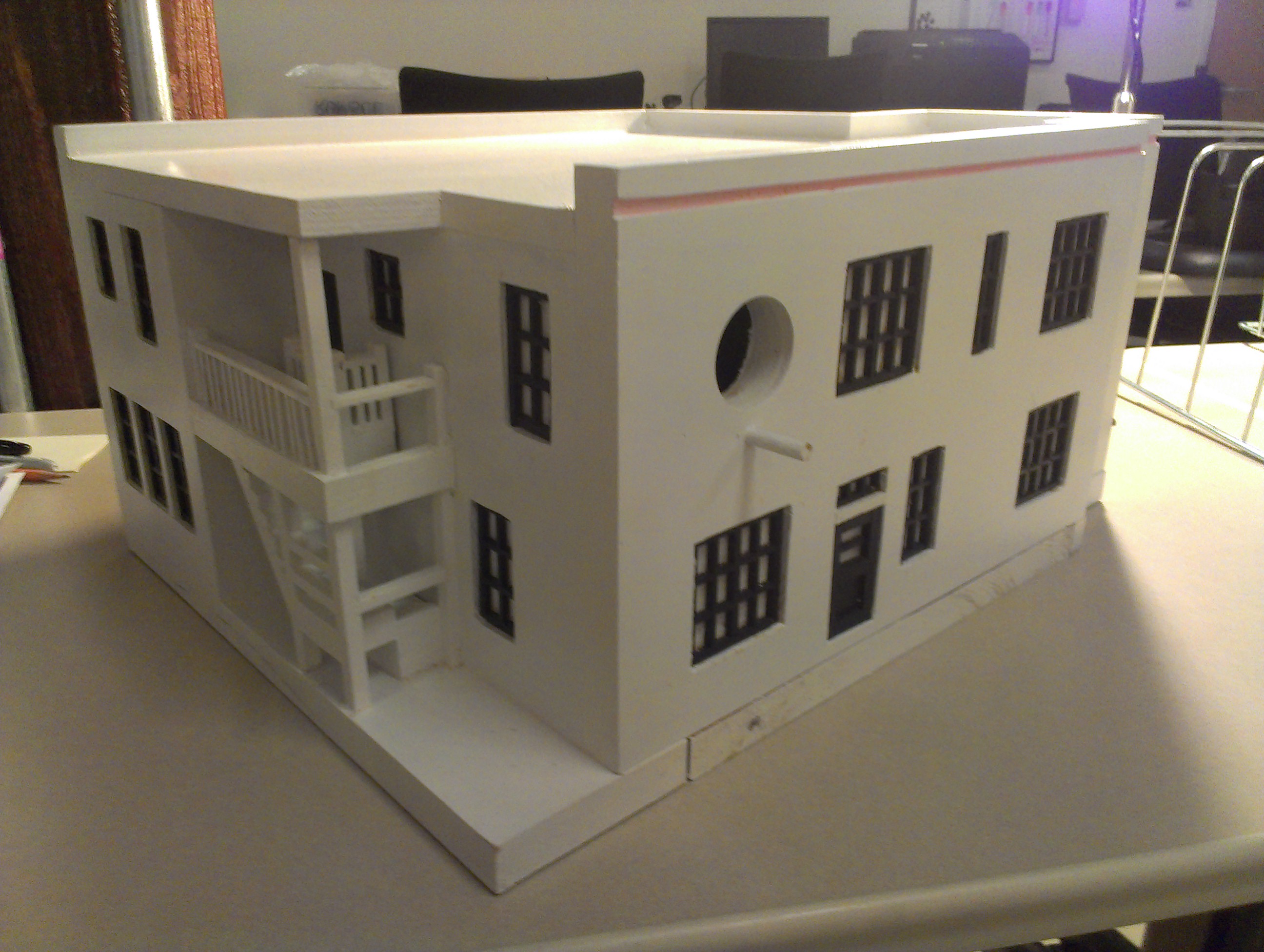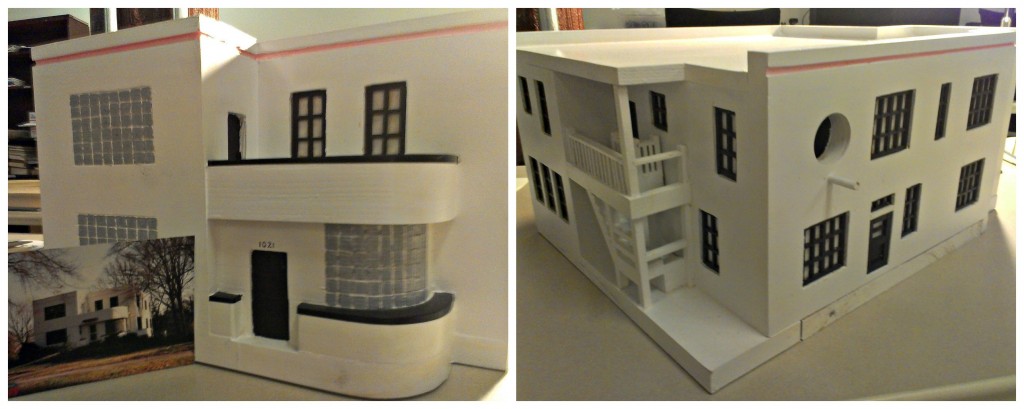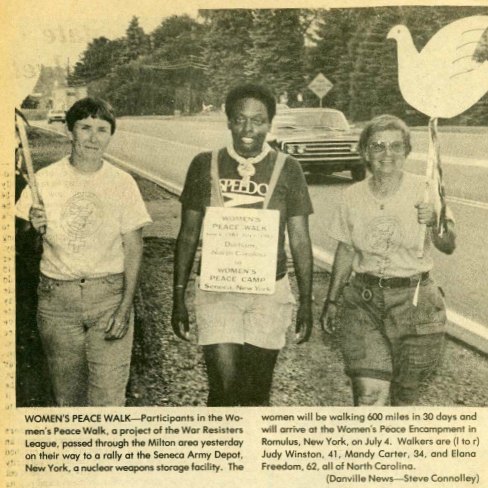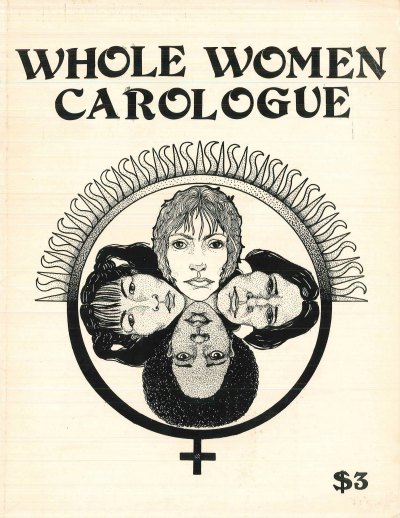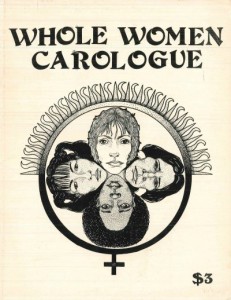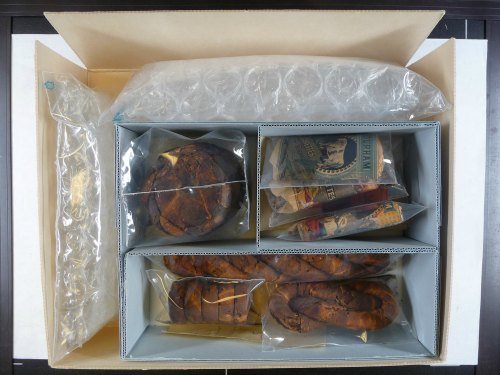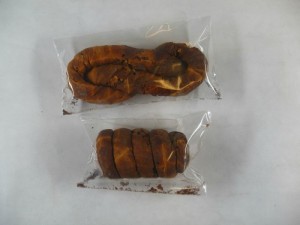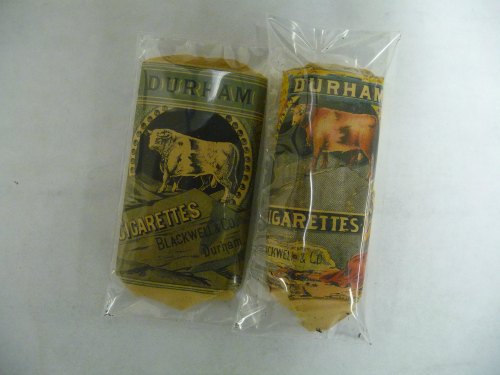Post contributed by Meghan Lyon, Head of General Manuscript Processing at the Rubenstein Library
One of the Rubenstein Library’s older collections, the William T. Blackwell Papers, has recently grown thanks to a generous gift of 19th and 20th century papers and photographs from the Martin family, descendants of the Blackwell family. Before this latest addition, the William T. Blackwell Papers consisted almost exclusively of financial ledgers documenting the dramatic failure of the Bank of Durham, which opened in 1883, extended credit too liberally, and subsequently closed in 1889. This new addition has earlier material, documenting the rise of Blackwell’s fortune during the 1870s, as he and business partners James R. Day and Julian Shakespeare Carr built their factory, manufacturing and selling smoking tobacco through the W.T. Blackwell and Co Tobacco Company. The addition includes a notable cache of letters from Carr (yes, that Carr), documenting his and Blackwell’s partnership and their legal strategies during the Bull Durham trademark litigation through the 1870s.
These new records with the details of the W.T. Blackwell and Co. business operations would be exciting enough, but the rest of the addition is fascinating too. In fact, the nature of the collection has changed so significantly that we have opted to rename the collection to be the William T. Blackwell Family Papers. This better reflects the range of the materials now held – in addition to William T. Blackwell’s business materials, there is now correspondence, receipts, invoices, and other documentation of the daily life of the Blackwells, both W. T. and Emma Exum Blackwell, whom he married in 1877. W.T. Blackwell’s sister, Lavinia Blackwell, later married J.D. Pridgen, who owned a shoe company in Durham and whose daughters attended Durham High School in the early 1900s. Their scrapbooks, which include snapshots and printed ephemera from their social activities and education in local Durham schools, have amusing, endearing captions. Mary Blackwell Pridgen, one of the daughters, kept scrapbooking as an adult, and her later marriage to Chester B. Martin explains the inclusion of Martin family materials in this collection as well. In 1927, Chester B. Martin co-founded and operated Durham Dairy Products, Inc., which was Durham’s first milk delivery service. Materials from Durham Dairy include a nearly-complete run of company newsletters – Durham Dairy Doings – with great hand-drawn cartoons, profiles of staff and workers, local Durham news, and insights into the company’s marketing and delivery of milk. The multi-generational aspect of this collection has been challenging but fun to sort out – especially since it is all Durham history, and not just about tobacco (or banks!) anymore.
Following are images of some of my favorite items from the collection. See the newly published collection guide to explore further.
